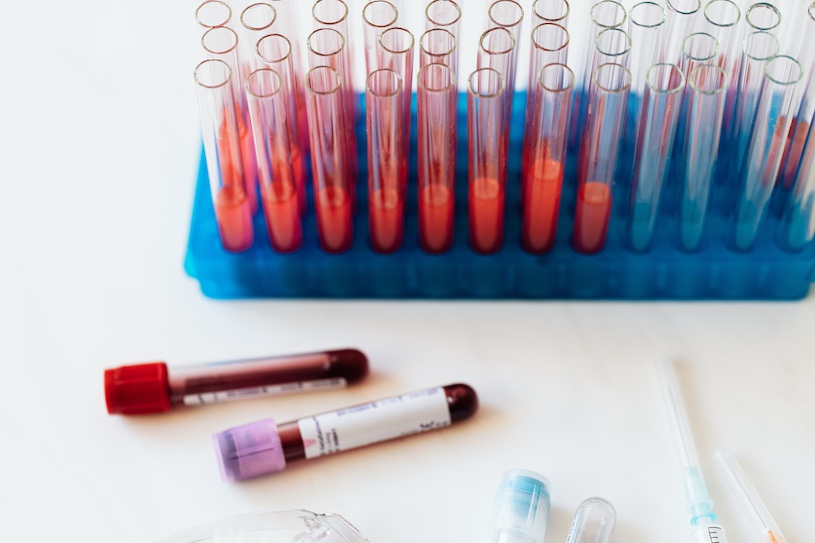First-Of-A-Kind Pan-Cancer Blood Test Could Predict Immunotherapy Efficacy and Toxicity
Posted on 20 Jan 2023
A first-of-a-kind pan-cancer blood test for the prediction of immunotherapy efficacy and toxicity could guide clinicians in patient selection to support the effective use of immune checkpoint inhibitors (ICI), thereby encouraging the use of ICIs in the earlier stages of cancer.
MAINLINE, a Dutch-Swiss consortium between PamGene International B.V. (‘s-Hertogenbosch, The Netherlands), Alithea Genomics SA (Lausanne, Switzerland) and Lausanne University Hospital (CHUV, Lausanne, Switzerland), has received a Eurostars grant of EURO 1 million to develop a first pan-cancer blood-test for the prediction of ICI efficacy and toxicity. The MAINLINE consortium combines an expertise in clinical research, transcriptomics and kinomic profiling to adopt a radically new approach for identifying a multi-omics biomarker profile that surpasses current single-biomarker approaches.

PamGene has earlier developed two CE-IVD tests for ICI therapy guidance, the IOpener tests to guide ICI treatment of patients with advanced NSCLC and melanoma and will extend these studies to develop a pan-cancer predictive kinome profile for ICI therapy in the MAINLINE consortium. Together with CHUV, Alithea will develop a transcriptomics biomarker panel using its proprietary time and cost-efficient Bulk RNA Barcoding sequencing (BRB-seq) platform. CHUV will provide access to whole-blood samples from ICI-eligible cancer patients in order to generate an extensive dataset for training and validating the prediction model. The individual kinome and transcriptomic profiles will be integrated along with clinical data to create a novel multi-omics model, whose predictive capabilities will be clinically validated in the project.
“The approval by the Swiss and Dutch funding agencies of our Eurostars project reflects the world-leading science and technologies we will use in our consortium to develop the first pan-cancer therapy agnostic ICI response prediction test” said Riccardo Dainese, CEO at Alithea Genomics.
“Our common objective is to deliver the MAINLINE IOpener-Dx 2.0, an IVD blood-test for predicting ICI efficacy and toxicity, based on a unique panel of biomarkers that are applicable for a broad range of cancers,” explained Dr. Krisztian Homicsko, Lausanne University Hospital, Department of oncology, head of the Molecular Tumor Board. “The MAINLINE IVD will guide clinicians in patient selection to support the effective use of ICIs, thereby encouraging use of ICIs in earlier stages of cancer.”
“We are proud to apply our kinase activity profiling and IOpener platform in the broader use of ICIs in early stages of cancer treatment by developing a pan-cancer predictive tool to support clinical decision making for ICI therapy,” said Prof dr. John Groten, Managing Director of PamGene.














